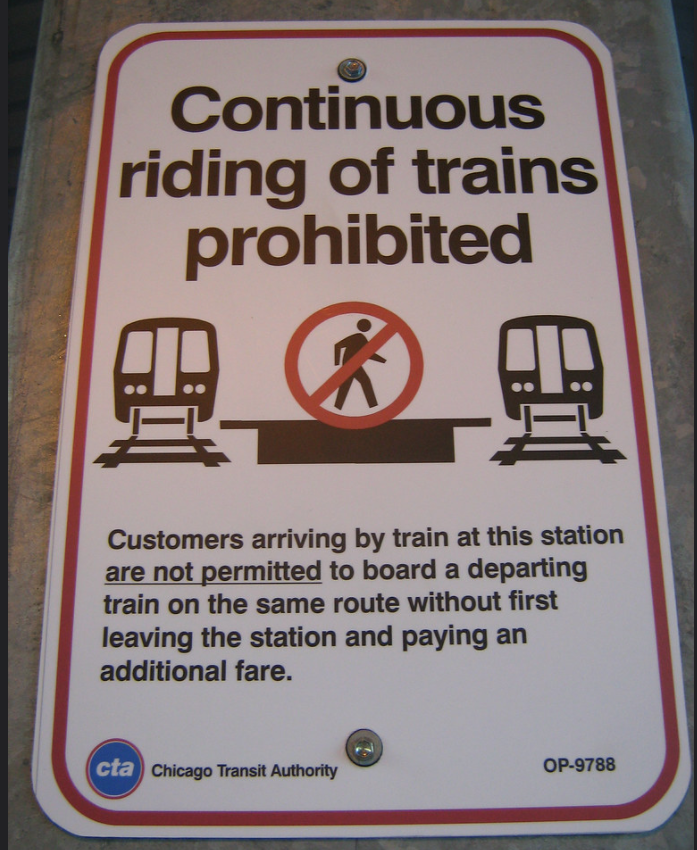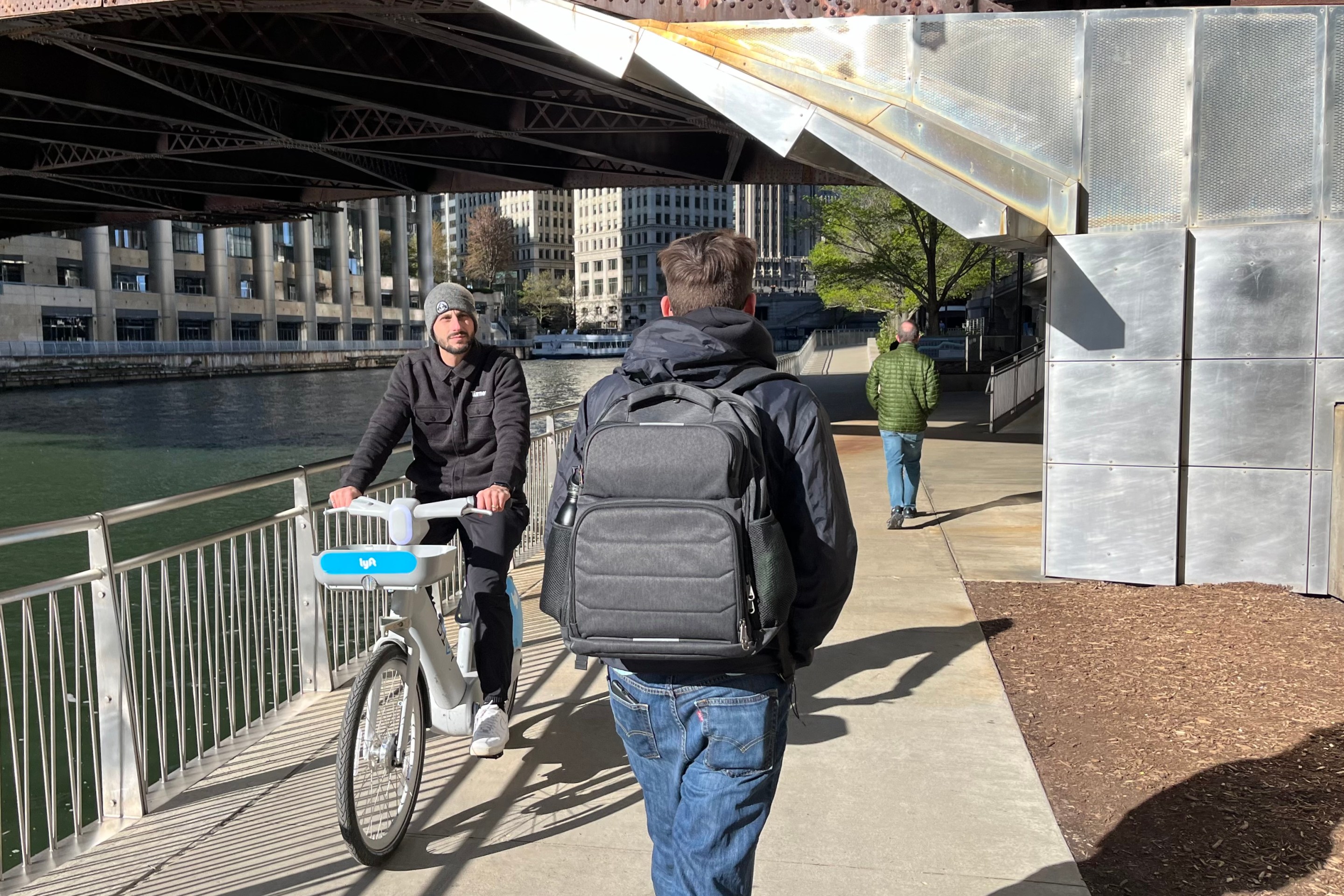Back in 2006, the Chicago Tribune publication RedEye asked "Just how clean are CTA buses or trains?" The paper hired a private lab to test the cleanliness of four cars on the Red and Brown line, two buses, and some station surfaces. 14 years later during the COVID1-9 pandemic, the cleanliness of public transportation has literally become a matter of life or death.
On April 30, New York Governor Andrew Cuomo announced nightly closures of the 24-hour New York City subway system for deep cleaning from 1 to 5 a.m, with shuttle buses replacing the trains. The move has inconvenienced essential workers commuting to and from late shifts.
Further complicating the issue of service stoppage is the increase in homeless people taking shelter on the MTA during the coronavirus crisis, since most indoor public spaces are closed. The closures raised the question, where would unhoused individuals go? While many homeless people avoid shelters during normal times for various reasons, the possibility of increased risk of COVID-19 exposure at these facilities is new, pressing concern.
Chicago is seeing similar issues with a reported increase in homeless people sheltering on the CTA, even as overall ridership has plummeted by 80 percent. Were the transit agency to take the same approach as NYC, shutting down the the 24-hour Red and Blue lines for late-night cleaning, there would be a similar displacement effect.
As it stands, the city of Chicago does not appear to be considering late-night Red and Blue line shutdowns. Mayor Lori Lightfoot previously indicated that this option was not on the table, noting that "public transportation is vital for residents who don't have cars and allows them to be mobile and get to their jobs."
A CTA spokesperson confirmed this. "At this time, there are no plans for us to shut down our 24-hour bus and rail lines," they said. "CTA continues to provide as much service as we can in support of essential workers and those taking essential trips."
The spokesperson asserted that prior to the pandemic, "CTA already had one of the most rigorous and extensive cleaning schedules in the transit industry." During COVID, they said, that schedule has been expanded, with buses and trains cleaned and disinfected daily before being put into service, and multiples times while in service, as well as regular deep cleanings. "We are also reviewing and seeking out new technology solutions as part of our effort to ensure that we are incorporating industry best practices into our future plans."
However, the union representing local transit operators has recently argued that the CTA isn't doing a good enough job of cleaning its vehicles and facilities to keep workers and customers safe.
As for the issue of people sheltering on the transit system, the spokesperson said, "CTA recognizes this is a larger social issue. That's why we continue to have discussions with the city's Department of Family and Support Services, which spearheads homeless outreach, engagement, and support for the city. We recognize more needs to be done to address this issue and are working with DFSS to identify different possible strategies." They said the CTA has is working with DFSS' community partners, including Thresholds, Haymarket, Salvation Army, and Featherfist, which perform daily outreach homeless people on the CTA and try to connect them with housing and healthcare resources.
Thresholds spokesperson Emily Moen noted that homeless people spending the night on CTA vehicles isn't a new issue. "It may appear that more folks are sheltering on the CTA, but we do not have any data on that," she said. "We believe that some people left shelters because they were concerned about social distancing. Other folks may be leaving their outdoor areas since there are no places like restaurants or cafes to spend time during the day. Still others never use the shelter system, many because of the difficulties that come with mental illnesses they may be experiencing and may find harbor on the trains for warmth and perceived safety."
Asked whether the CTA should be doing a better job of helping connect homeless riders with housing, Moen didn't directly respond, but confirmed that Thresholds has been working with the transit agency to provide outreach services. She elaborated that this includes offering people food, water, hygiene kits, masks, shelter referrals, and COVID-19 information. "Thresholds workers will help people experiencing homelessness who also have mental illnesses by offering outreach, engagement, and eventually, long term services such as housing, seeking public benefits, and healthcare."
Julia Gerasimenko, advocacy manager at the Active Transportation Alliance noted that, in the wake of a police shooting on the Red Line last February, the very day Lightfoot announced an increase in transit policing in response to a crime wave, the group issued a joint statement with several social justice organizations about promoting safety on the CTA in a just and humane manner. One strategy mentioned in the statement is a state bill to use real estate transfer tax revenue to fund affordable housing, which would help give provide housing for people currently spending the night on buses and trains.
Gerisamenko added that in Philadelphia the local transit agency SEPTA partnered with a social service agency to create a shelter for homeless within an existing train station. "The main idea was to meet people where they are at to provide services. We think there is potential and need for such partnerships in Chicago to create dynamic solutions to the issues of lack of affordable housing and disconnected and siloed services."



